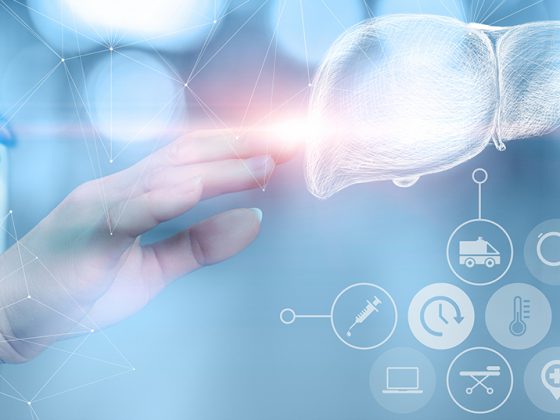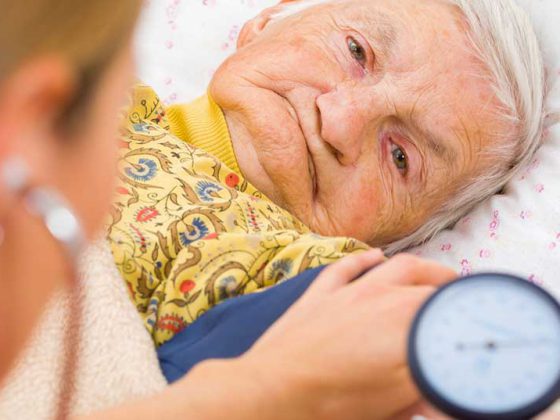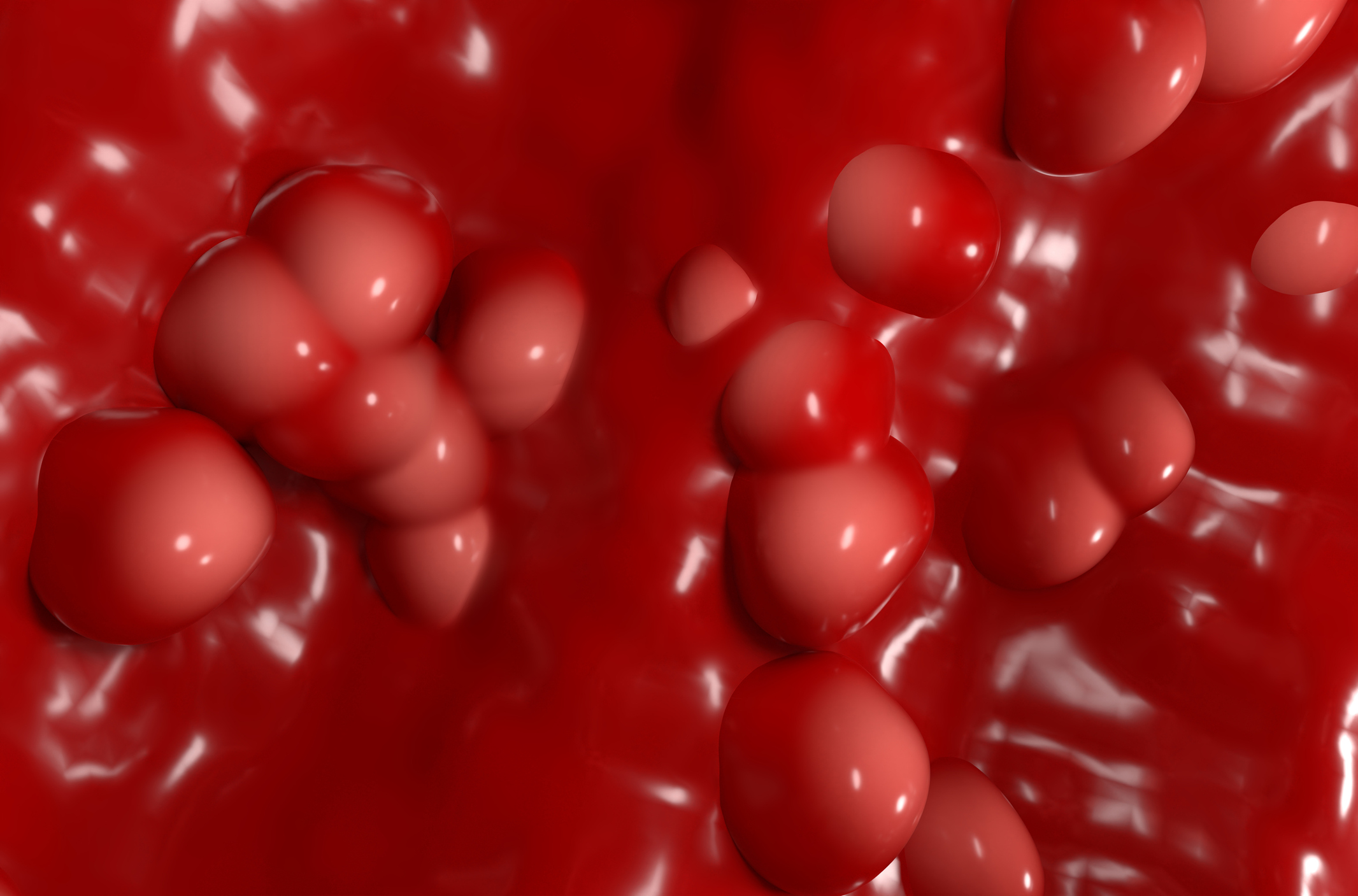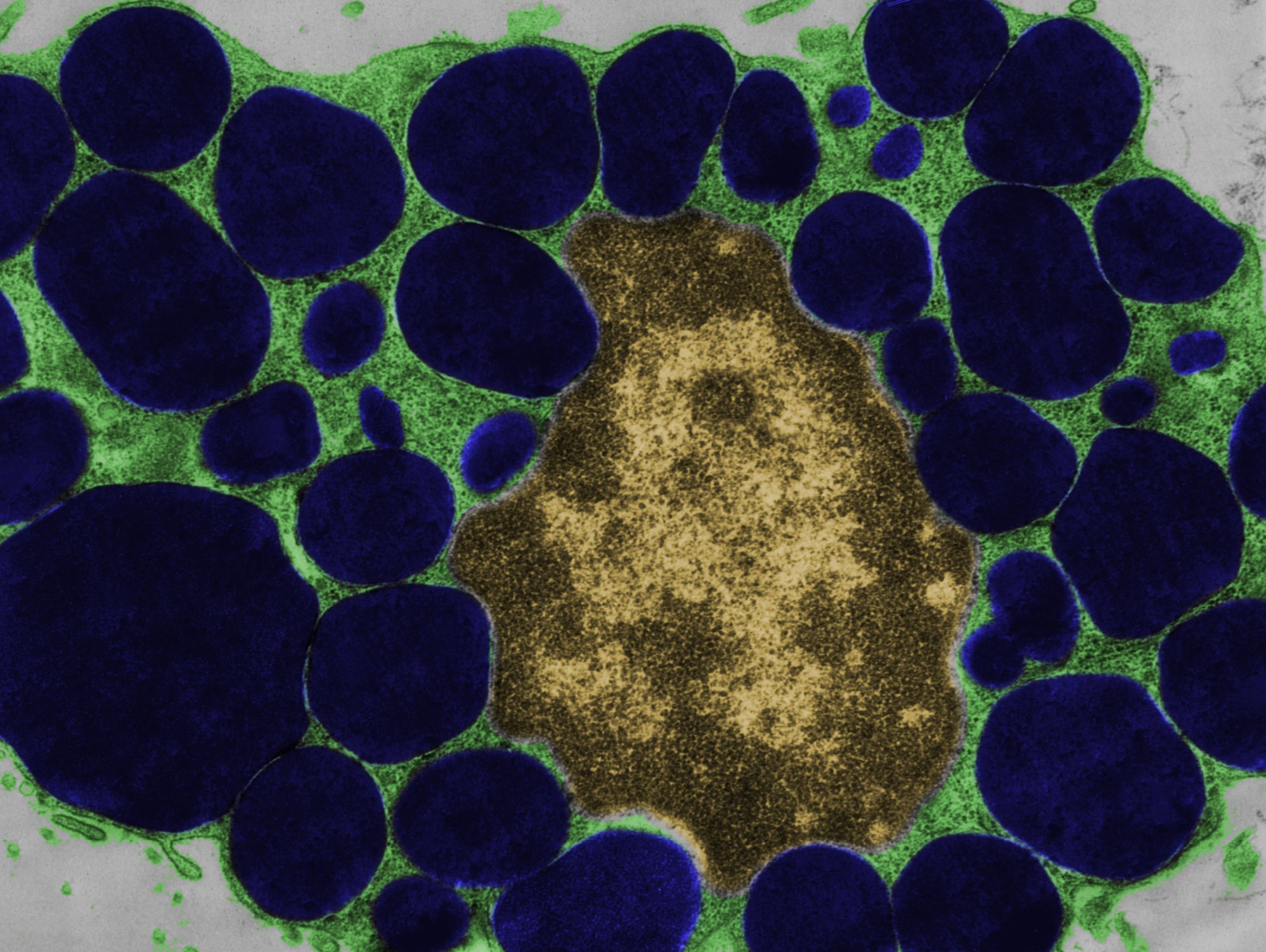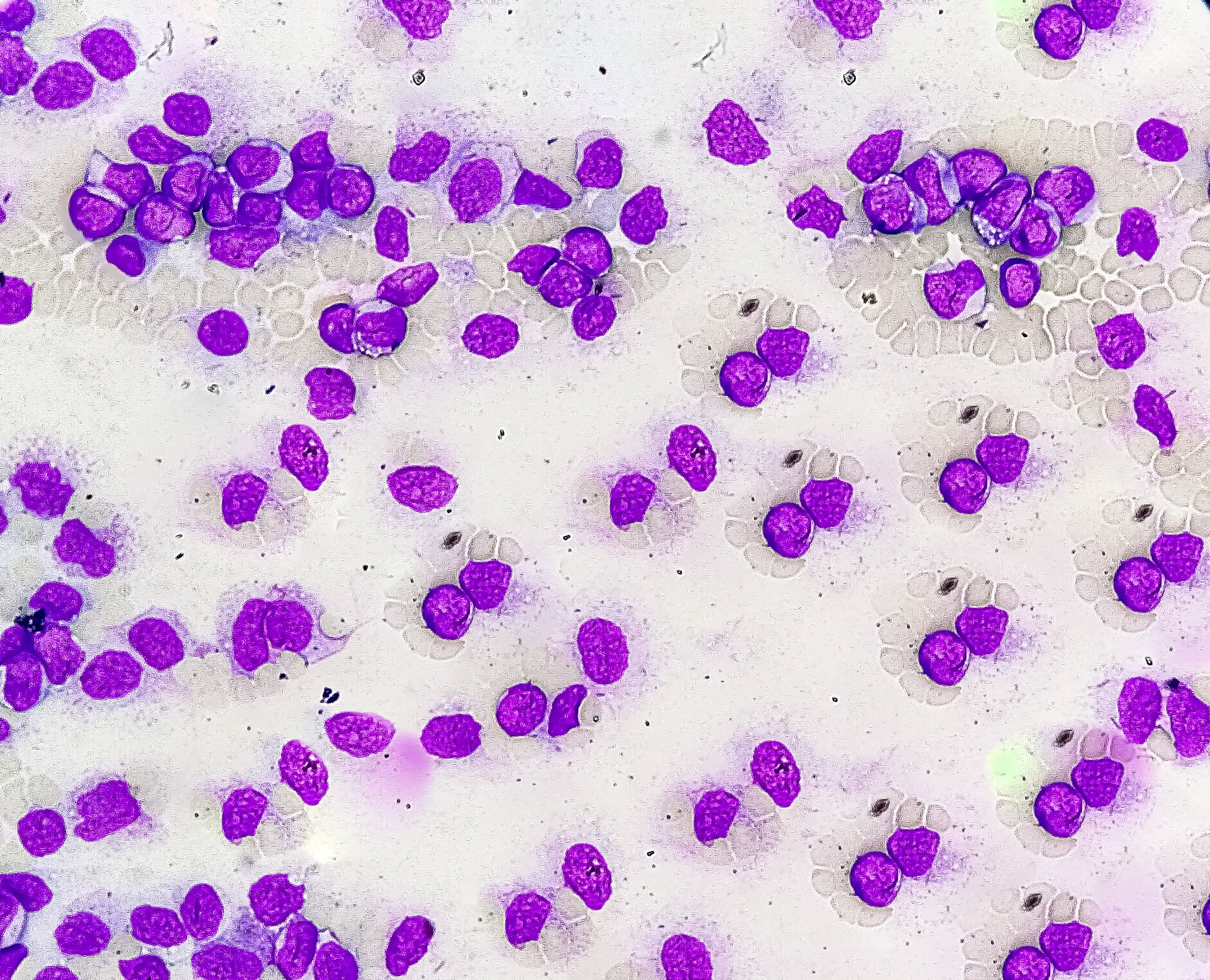If left untreated, autoimmune hepatitis (AIH) can lead to abnormal scarring (fibrosis) of the liver, which can end in cirrhosis and require organ transplantation. For successful therapy, the disease must be detected as early as possible. A research team led by Dr. Richard Taubert, senior physician at the Department of Gastroenterology, Hepatology and Endocrinology at Hannover Medical School (MHH), has now developed a new antibody test that can be used to diagnose the disease more quickly and reliably than previous standard tests.
Type G antibodies – also called immunoglobulins G (IgG) – are proteins, i.e. protein compounds. The immune system sends them out to neutralize pathogens such as bacteria and viruses. In autoimmune diseases, the immunoglobulins falsely recognize the patient’s own body as foreign and are therefore called autoantibodies. “The detection of autoantibodies is an important basis for AIH diagnosis and, along with tissue examinations after liver biopsy, represents the most important diagnostic marker,” said Dr. Taubert.
However, the various autoantibodies detected in conventional tests to date are only of limited use for an accurate diagnosis. This is because, on the one hand, they are not found in all those actually suffering from AIH, and on the other hand, they can also be detected in other diseases and are therefore not specific. The research team therefore set out to find precise autoantibodies that are typical of AIH and different from markers for other liver diseases. In the process, they discovered unusual immunoglobulins in the blood of AIH patients. “They have the special property of being able to bind with very many human proteins,” explains the gastroenterologist.
New test closes diagnostic gap
These so-called polyreactive immunoglobulins (pIgG) attach themselves, among other things, to a specific protein called HIP1R, which is found throughout the body and not just in the liver. “With this binding to HIP1R, we can detect the polyreactive immunoglobulins and use them for diagnostics,” Dr. Taubert said. Compared to the conventional autoantibodies that have been used to diagnose AIH, pIgGs are much more accurate. Thus, even AIH sufferers who do not form classic autoantibodies can be detected by blood test.
“Our new test fills a diagnostic gap and helps improve patient care,” the physician emphasizes. The new test, which delivers results within half a day, could save numerous patients with liver disease from having to undergo a liver biopsy. The MHH research team has already been able to verify the reliability of the new test on several hundred blood samples from other member centers of the European Network for Rare Liver Diseases (ERN rare liver). Now the test is to be made available to as many laboratories as possible. One patent has already been granted by the European Patent Office.
The original paper “Quantification of polyreactive immunoglobulin G facilitates the diagnosis of autoimmune hepatitis” can be found here:
https://aasldpubs.onlinelibrary.wiley.com/doi/10.1002/hep.32134


